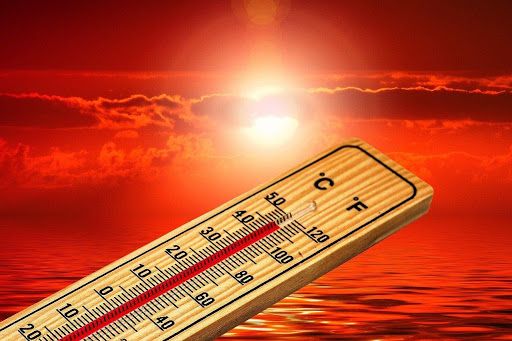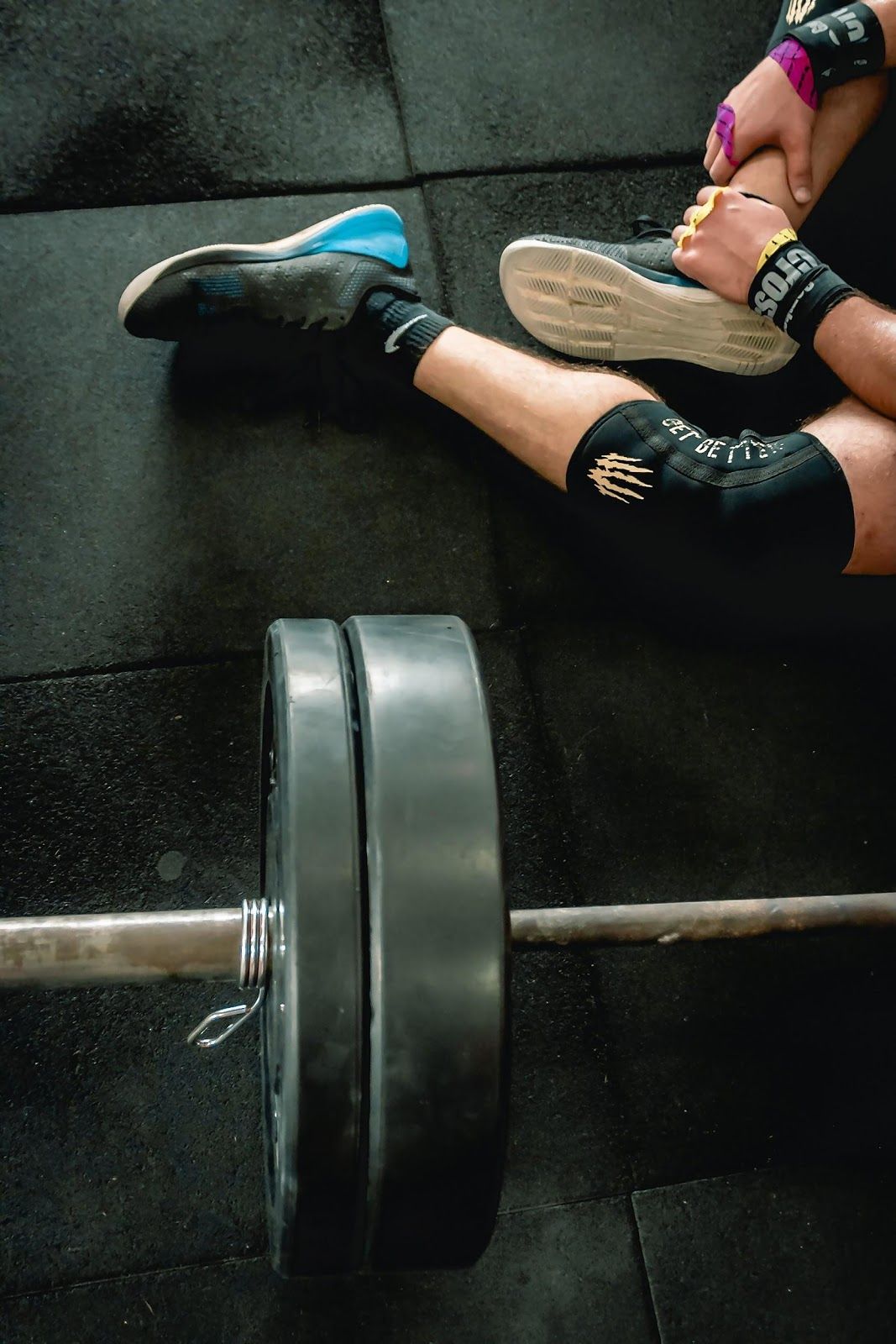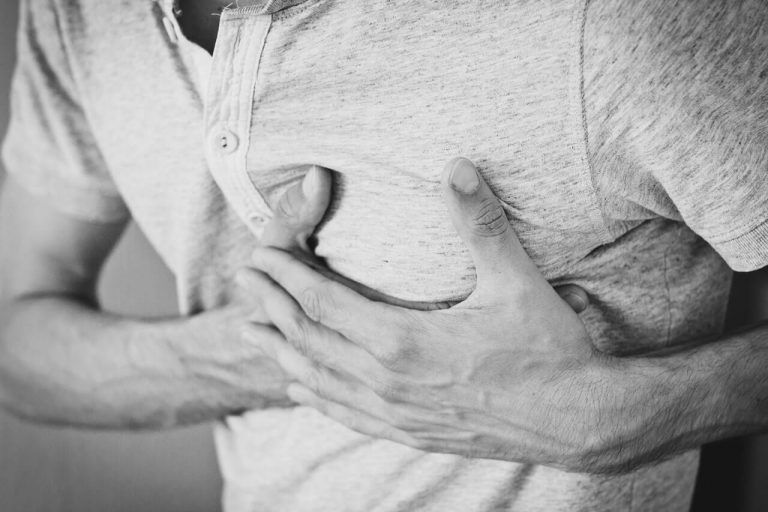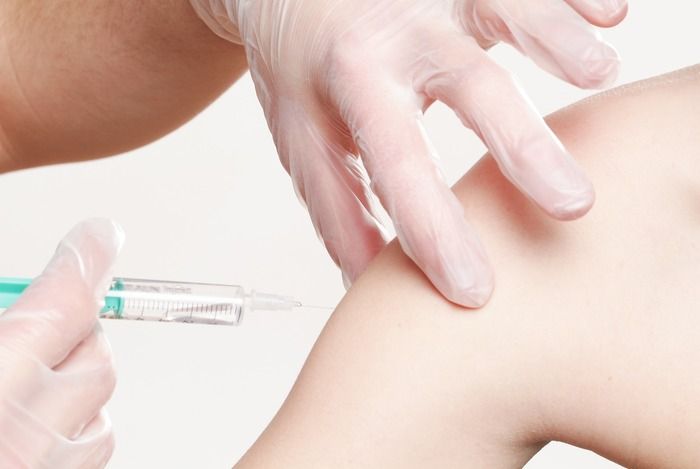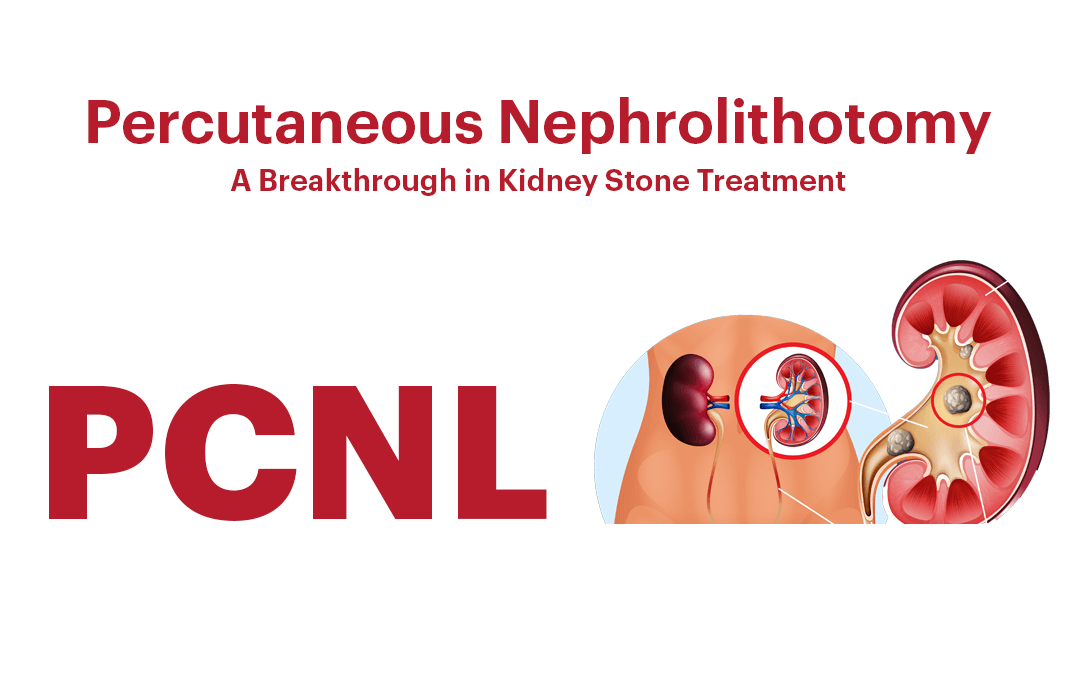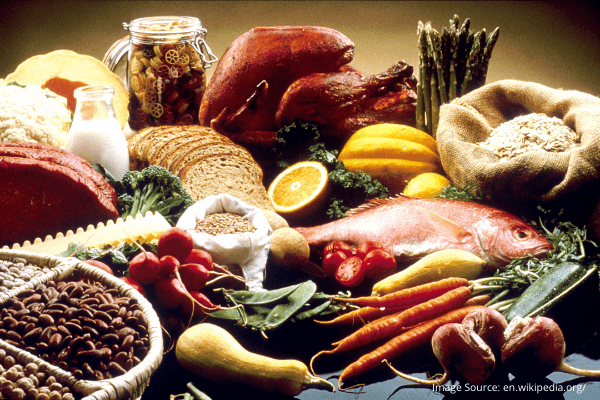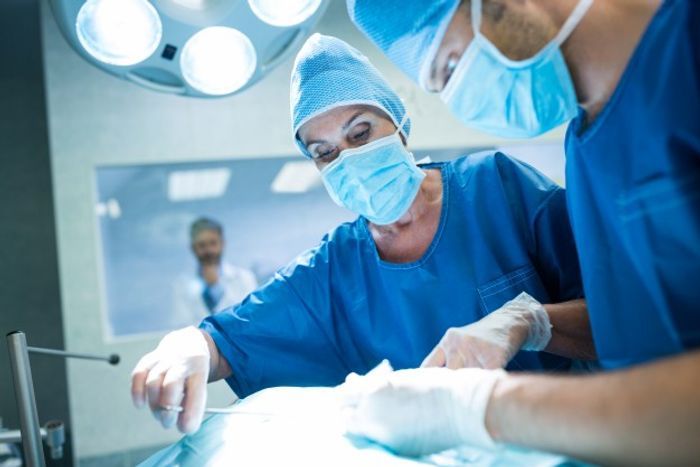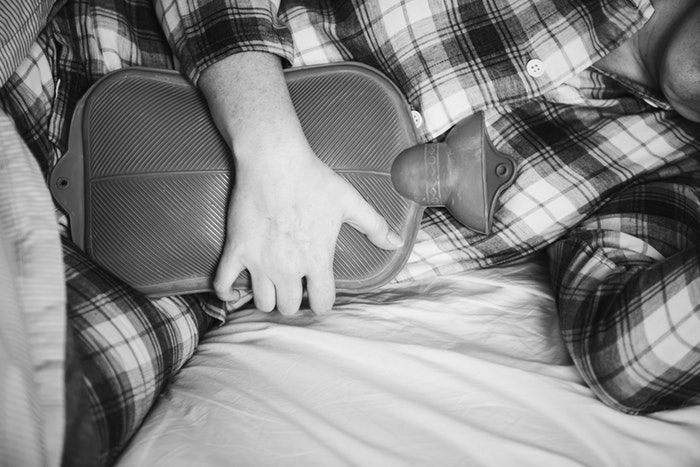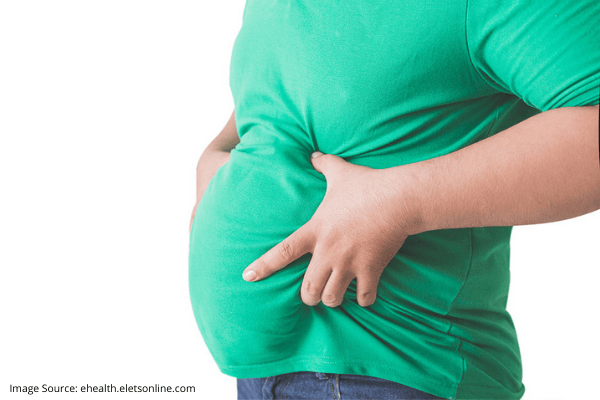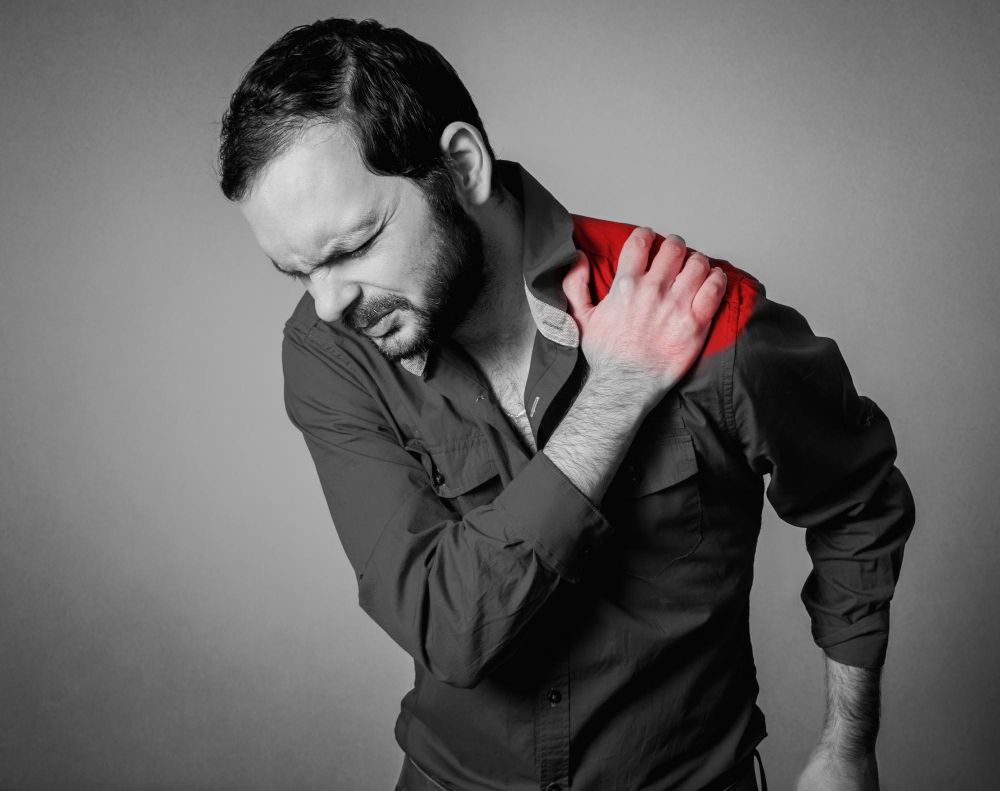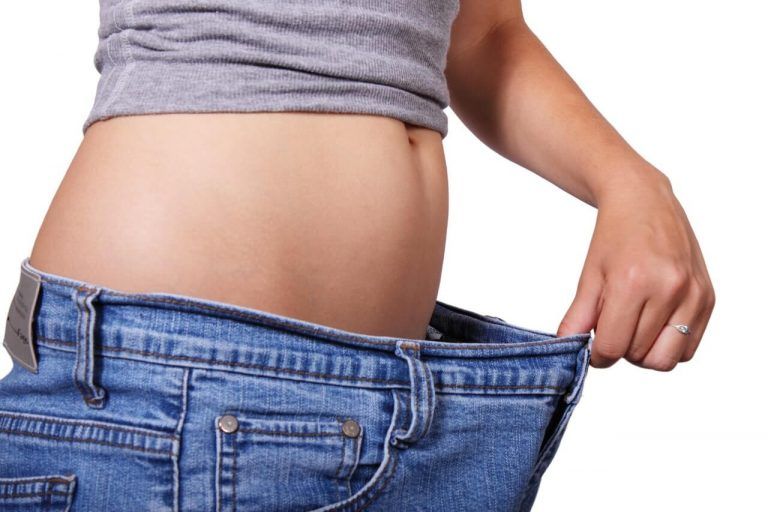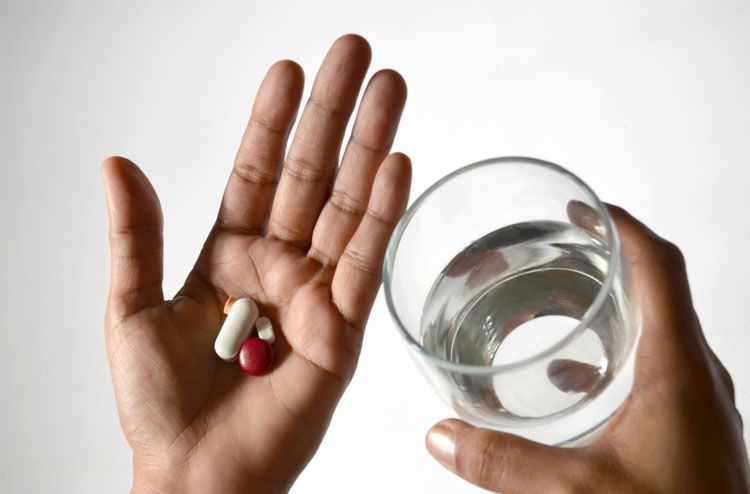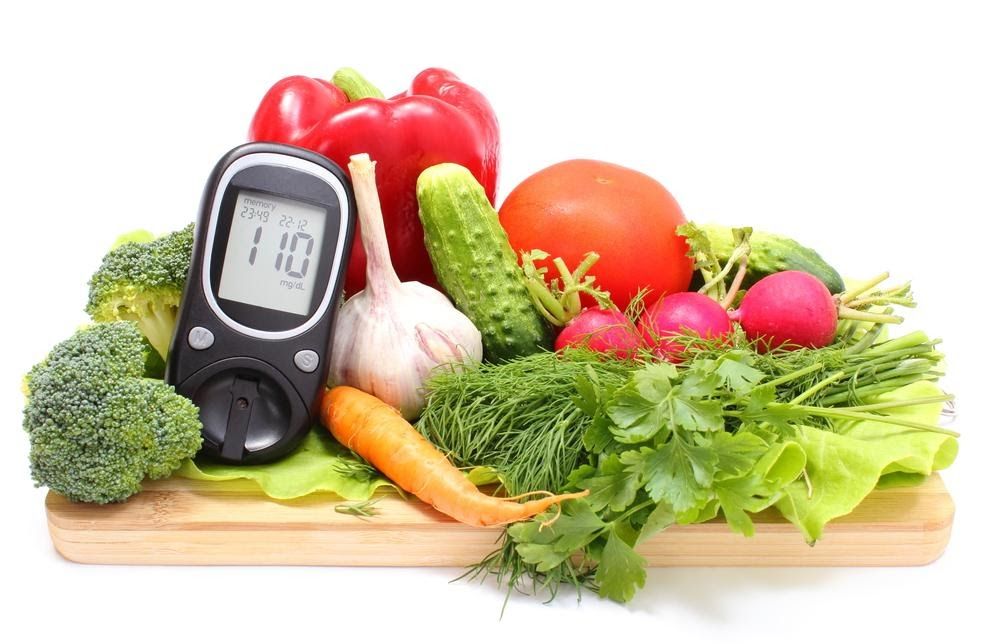5 Tips This Summer to Avoid Heatstroke
Certain jobs demand fieldwork in the scorching heat. The warm weather, bright sun, and the blue skies are not always an excellent working environment for them at all. There are various risks associated with those who operate at extremely high temperatures outdoors.
For those who work outside for long periods, remaining fresh and healthy during the summertime can be quite difficult. Hundreds of employees get sick every year, and thousands of them die while operating in severely humid or heat environments. If you are exposed to extreme heat at work, you need to be aware of all the potential hazards you may face, such as heat stroke, heat exhaustion, heat stress, and various other health issues such as cramps, weakness, vomiting, nausea, rapid heartbeat, sweaty skin, headache, dizziness, and more.
What is heatstroke, and what causes it?
Heatstroke occurs only when your body is no longer in a position to control its temperature, leading to brain damage and other internal organ problems. Heat strokes are a medical emergency where care should be provided immediately to prevent permanent disability and, in some cases, even the death of the patient. Heatstroke is one of the most serious and common health hazards for people who work outdoors.
Hence this condition is called heat stroke when the body loses its ability to cool off itself. Our body should have a standard temperature of around 98.6 ° F. The responsibility for the heatstroke lies with various external and internal factors.
Through the cycle of metabolism, we generate our internal heat for the body. Metabolism helps turn the nutrients into energy in our bodies. Another form of heat production results from exercise or muscle activity. The blood rushes into the muscles during exercise, which heightens the body's core temperature and produces heat in the extremities.
During these cases, sweat is the body's natural response to the rise in temperature. By suddenness, our body naturally cools down. If the temperature is too high, however, our body loses control to cool itself naturally and begins to suffer from various heart-related diseases such as heat stroke.
Let's take a look at some of the most realistic tips this summer to prevent a heat stroke Dress Appropriately
Beating the scorching heat of summer can be difficult, but with proper dress code, it is not impossible. It is best to keep the body temperature to a minimum level, so light-colored, lightweight clothes are perfect summer clothing. Shorts and tank tops also allow airflow inside your clothing.
Nonetheless, if you operate in close proximity to an enclosed heat-generating area, wear unique protective clothing such as flame-resistant or FR clothing. You may find it a little difficult to do your job when wearing FR clothes, but it will certainly shield you against the harmful effects of outside weather. New FR clothing is light in weight, making the wear more breathable.
Stay hydrated
Two forms of heat exhaustion are primarily salt depletion and water depletion. Dehydrationcan cause serious health problems, such as heat stroke. To avoid such situations, you should drink water every 15 to 30 minutes, even if you are not thirsty. In addition, you should also avoid drinks that contain high amounts of sugar or caffeine. For athletes, the Chief Cardiac Surgeon of Apollo Speciality Hospitals, Dr. Sridhar V, states that "when we exercise and feel thirsty, we usually drink water, but it contains no minerals and does not replace the loss of salts due to sweating.” Even excess water intake can cause hyponatremia which leads to disorientation.
Avoid overexertion
Always keep in mind that our body is working hard enough already to cool itself down. Hence, we need to avoid overexertion. Taking frequent breaks will not only limit our exposure to the sun, but it would also provide our body with some time to take rest. This is particularly important in case you already have any pre-existing conditions such as high blood pressure.
Identify the symptoms
Identifying symptoms is the significant journey everybody has to go through. There are various symptoms such as heat cramps, heat rash, dizziness, fainting, dehydration, and more, which indicate that you may be suffering from a heat stroke or lead to a heat stroke condition. Whenever you are aware of any of these symptoms you will call for medical assistance immediately
Beware of medical reactions
Certain medications can even increase the risk of developing problems with heat exposure. In addition, some medicines may also interfere with the process of perspiration or favors the elimination of water resulting in an imbalance to control and sustain the body temperature. Before buying any medication, ask your pharmacist about these things.
Wrapping Up
In summer days, if you are working outdoors or traveling a lot, sunstroke or heat stroke is pretty standard. Even though our body can cool itself down, it may struggle to sustain the temperature when it reaches extreme conditions. This can result in a heatstroke that can cause serious health problems or even death. There are however a few simple ways, such as staying hydrated and wearing suitable clothes that can help us protect ourselves from the sun's scorching heat.
Ten Effective Remedies That You Can Refer to When You Are Suffering from Muscle Cramps
Finally starting off with the gym life can get too overwhelming until you hit those muscle cramps along with the weights.
ICSI(Intra Cytoplasmic Sperm Injection)
Normally during every mid-menstrual period, one of the 2 ovaries releases an ovum. Each ovum is covered by a membrane called follicle,
Pregnancy and Delivery Care
Nothing could possibly compare to the joy of becoming a parent. After nine long months of waiting, the moment you have been waiting for is almost there:
Some Common Causes of Chest Pain
The first thing that jumps into the mind whenever you have some sort of chest pain is heart attack! It’s only human to feel that way
Organic Food Vs GMO Food: What Should You Pick?
There is no doubt that the quality of food we consume is crucial for our good health. And with more people becoming health conscious the d
Importance of Breastfeeding and Vaccinations for Newborns
Going nature’s way is best when it comes to providing nourishment for the apple of your eye – your baby. Breast milk is best for your baby as it
Percutaneous Nephrolithotomy (PCNL): A Breakthrough in Kidney Stone Treatment
Kidney stones, those small, hard mineral deposits that form in the kidneys, can cause excruciating pain and discomfort.
Skin Tags - Benign Tumor or Cancerous Tumor?
Skin tag if observed is a narrow stalk that hangs about your skin, bulging at the end. They are usually freshly colored and can grow anywhere on your body.
3 Ways Vitamin C is Helpful for the Immune System
The water-soluble vitamin, Vitamin C is also known as ascorbic acid. It is helpful in building up the blood vessels, skins, and making bones stronger
4 Signs of Mental Illness
As life has gotten fast and hectic, different health issues have got introduced lately. Not just physical issues,
4 Ways Night-Shifts Can Be Dangerous For Your Menstruation And Ovulation
A good night's sleep is of value for pregnant women. But with strenuous work-hours and shift work, sleep can quite a luxury for all.
Causes Of Infertility in Women
More and more women are putting off pregnancy till well into their 30’s or early 40’s for career reasons; infertility is fast becoming a major heartbreaking issue for such couples.
Do Not Indulge in These 9 Common Dieting Mistakes
Dieting is not just about eating less or starving yourself to meet unrealistic goals. Healthy dieting involves making informed food choices.
Laryngeal Reiinervation Procedure at KIMS Hospital
Mr. K.P 56-year-old business executive from Bangalore underwent a thyroid surgery two years back.
Learn How Stress Affects Your Heart Health
Stress is a frequent side effect of the modern 21st Century lifestyle. We’re always running around to meet deadlines, pay bills we tend to
Lose Weight: The Healthy Way
Almost everyone we know is worried about the way they look. There are several concerns people have, like their complexion
Myths About Bariatric Surgery
Bariatric surgery – be it the gastric bypass and other weight-loss surgeries – involve making changes to your digestive system to help you lose weight.
Non-alcoholic Fatty Liver Disease: Should You be Worried?
A recent study has found that 1 in 5 people in India suffers from liver disorders. Before you blame it on the increased alcohol consumption
Obesity and its Relation to Type 2 Diabetes
Diabetes is a condition that arises when the body doesn’t produce enough insulin,, hence there is excess glucose in the blood
Rotator Cuff Tear
A rotator cuff tear is a rotator cuff injury that can cause shoulder pain and loss of arm function. The rotator cuff is a set of muscles and tendons in your shoulder.
What Happens to Your Body When You Fast?
Fasting has been practised by humans for thousands of years as a way of rejuvenating the mind, body and soul and as a common ritual of many religions from all over the world
Why You Shouldn’t Consume Medicines with Cold Water
There has been a long-raging debate on the temperature of water needed for consuming medications. You won’t find much as in research papers
10 Tasty Delicious Diabetic-Friendly Recipes
Worry about it no more, as a healthy diabetic diet does not have to be bland. Instead, you can enjoy a myriad of flavorful, low-calorie
4 Not So Common Health Problems in Teenagers
The current generation of teenagers have far more access to technology and gadgets than their parents did.
4 Secrets to Adjusting Your Toddler's Sleep Cycle
Most of the parents, some time or the other, may have faced the trouble of making their toddlers sleep at night.
Related Blogs
Ten Effective Remedies That You Can Refer to When You Are Suffering from Muscle Cramps
Finally starting off with the gym life can get too overwhelming until you hit those muscle cramps along with the weights.
ICSI(Intra Cytoplasmic Sperm Injection)
Normally during every mid-menstrual period, one of the 2 ovaries releases an ovum. Each ovum is covered by a membrane called follicle,


